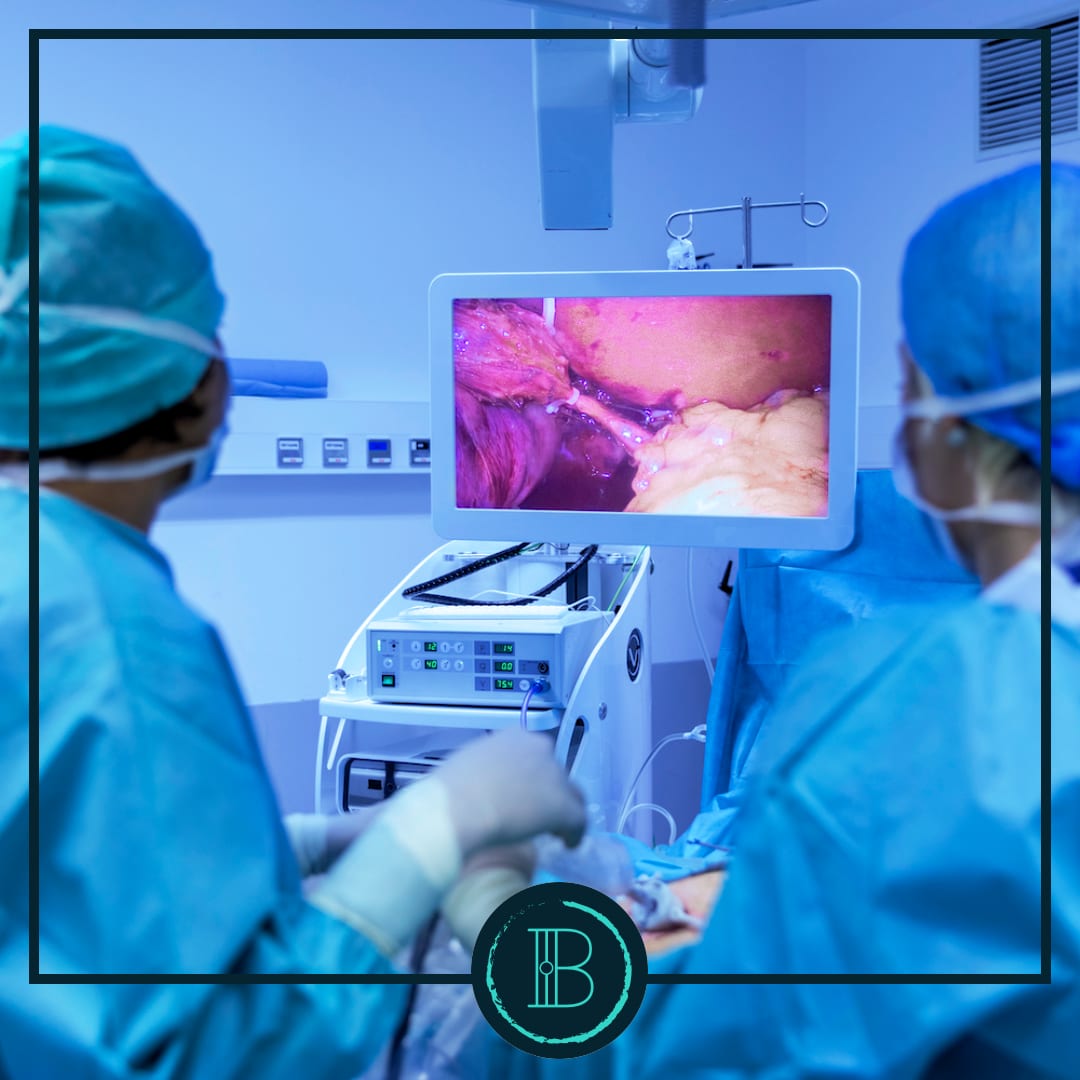Bariatric surgery is a term that refers to surgical procedures that assist in weight loss. We need to pay attention to a number of criteria in patients who will undergo bariatric surgery.
One of the most important criteria is the body mass index (BMI). Body Mass Index is a simple calculation using a person’s height and weight. The formula is BMI = kg/m2 where kg is a person’s weight in kilograms and m2 is their height in metres squared.
BMI = Body weight in kg / the square of the height in meters
For most adults, a BMI of:
- 18.5 to 24.9 means you’re a healthy weight
- 25 to 29.9 means you’re overweight
- 30 to 39.9 means you’re obese
- 40 or above means you’re severely obese
A better measure of excess fat is waist size, which can be used as an additional measure in people who are overweight (with a BMI of 25 to 29.9) or moderately obese (with a BMI of 30 to 34.9).
Generally, men with a waist size of 94 cm or more and women with a waist size of 80 cm or more are more likely to develop obesity-related health problems.
It’s very important to take steps to tackle obesity because, as well as causing obvious physical changes, it can lead to a number of serious and potentially life-threatening obesity related conditions.
These include:
- Type 2 diabetes
- Coronary heart disease
- Some types of cancer, such as uterus, bowel or breast cancer.
- Stroke
Obesity can also affect your quality of life and lead to psychological problems, such as depression and low self-esteem.
Other co-morbidities are hypertension, high cholesterol, high triglyceride, low HDL-(good cholesterol), sleep apnea syndrome, fatty liver disease (NASH), asthma, gastroesohageal reflux disease, venous stasis disease, urinary incontinence, joint deformities secondary to weight.
Weight loss surgery, also called bariatric or metabolic surgery, is used as a treatment for people who are very obese.
It can lead to significant weight loss and help improve many obesity-related conditions mentioned above.
In most cases should only be considered after trying to lose weight through a healthy diet with exercise.
What are the indications of bariatric surgery:
The generally accepted criteria for surgical treatment include a body mass index (BMI) higher than 40 kg/m2 or a BMI higher than 35 kg/m2 in combination with high-risk comorbid conditions(see above)

